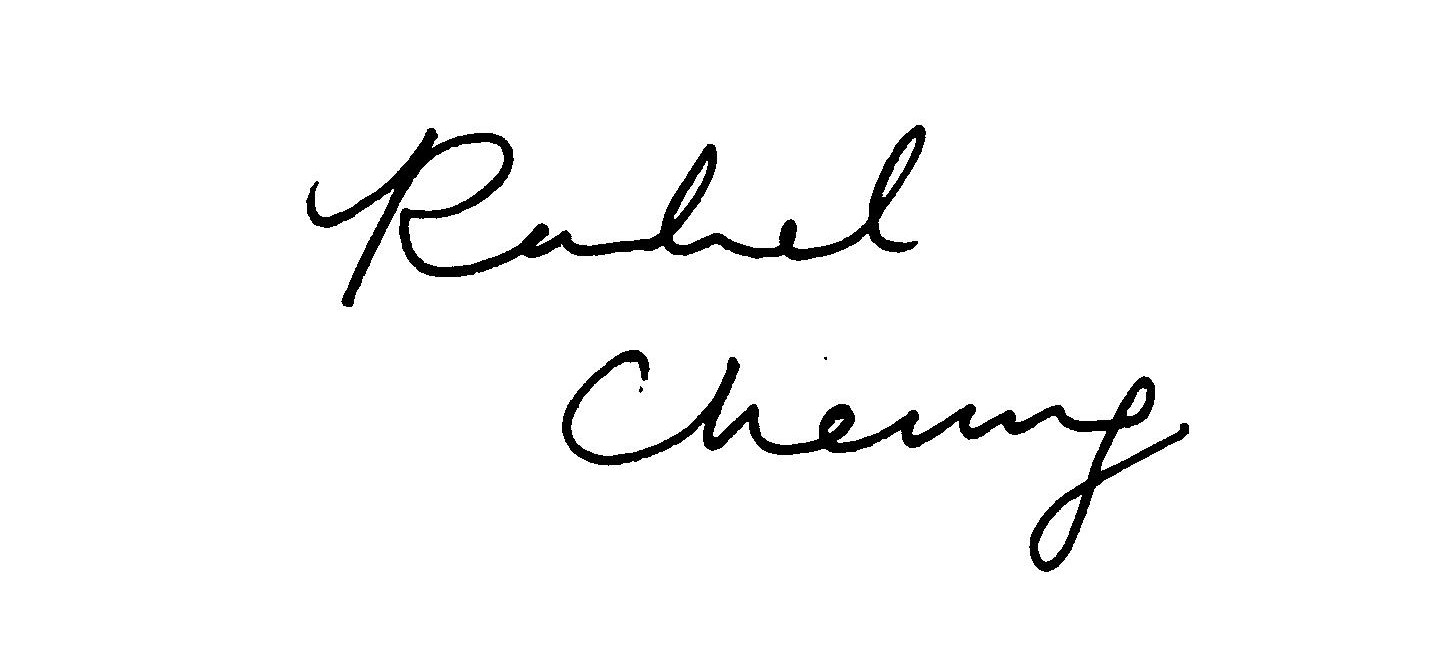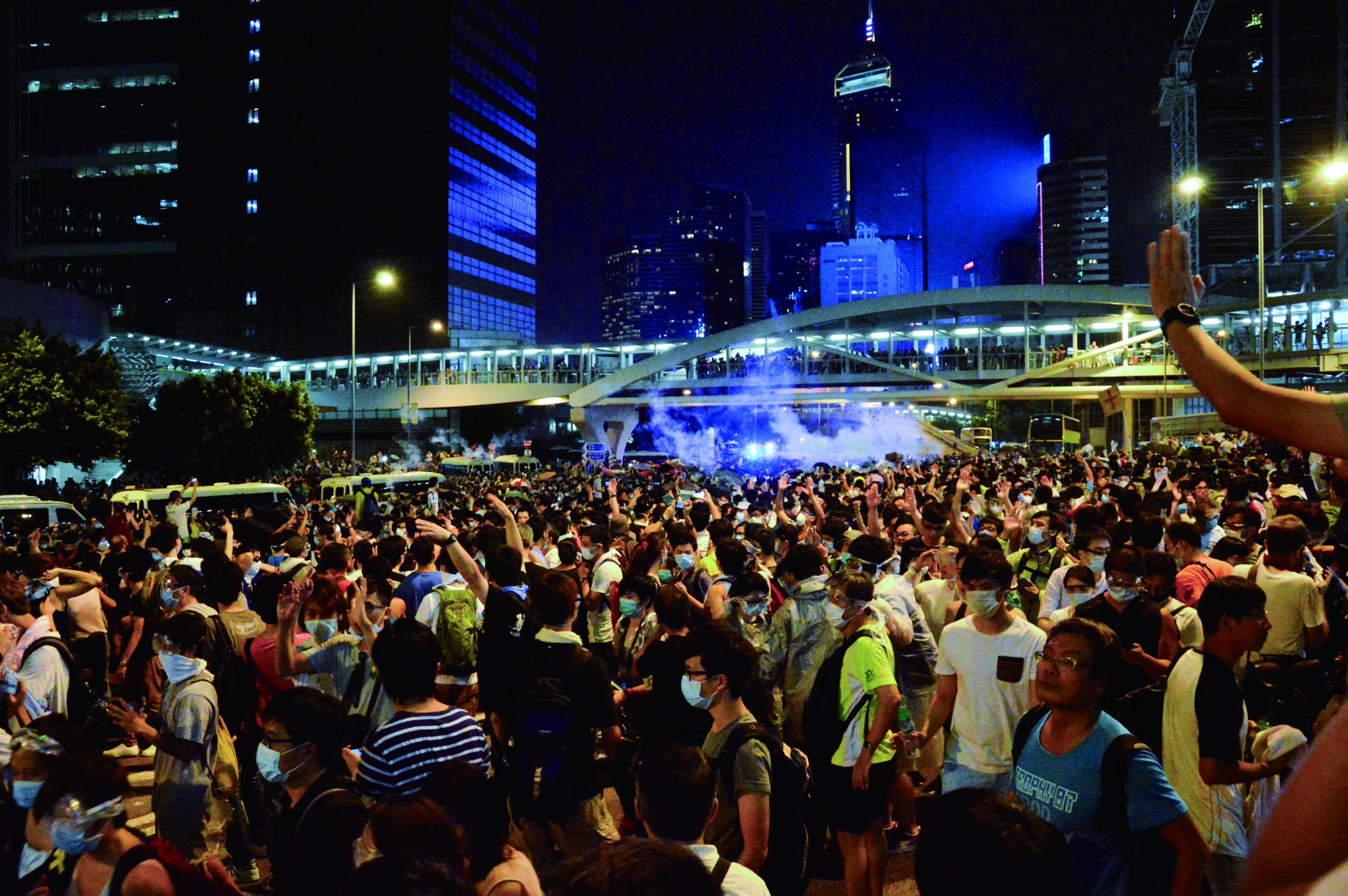Sing Ming, an associate professor from the Division of Social Science at the Hong Kong University of Science and Technology, witnessed the Sunflower Movement during his year-long stay in Taiwan. He says: “The most important thing within social movements is the education afterwards. We have to make people alert and widen the impact.”
He says he met many professors and scholars in Taiwan who would regularly hold seminars in coffee shops. Many people would attend the talks and engage in conversations about Taiwan’s democracy and future. Some of these conversations were later posted online. Sing says they used simple language that everyone could understand to write articles and books, and that these had a great impact on young people.
“Many of the scholars had been through the Wild Lily Movement. The reason why they were willing to contribute was that they had experienced oppression before. They understood the pain of losing freedom under an the authoritarian regime and White Terror,” Sing says.
The Wild Lily Movement was initiated by National Taiwan University students who, in 1990, staged a sit-in at Memorial Square in Taipei to fight for democracy. Demonstrators demanded the direct election of the president and vice president. This was later realised and the movement was a turning point in Taiwan’s transition to democracy.
Student-led movements have often been regarded as a vanguard of democratic change. Yip Chun Ming, is a Hong Kong youngster who is interested in social issues and has taken part in countless protests since high school. In March this year, he happened to be on a working holiday in Taiwan when the Sunflower movement started.
When asked about the difference between student-oriented social movements in Hong Kong and Taiwan, Yip answers, “I don’t think there are too many differences.”
“There are actually many good young leaders in Hong Kong, maybe even more than in Taiwan, but nobody’s supporting them,” he adds.
Yip says perhaps the most important lesson he learned inside the Legislative Yuan is that each person must work to try to persuade those around them.
“Every one of us is, indeed, a seed,” he says. Each time we meet a person, we plant a little seed inside their heart. Each seed may not amount to much, but in the end, says Yip, “there will be flower blossoms everywhere.”
Edited by Tracy Chan









































